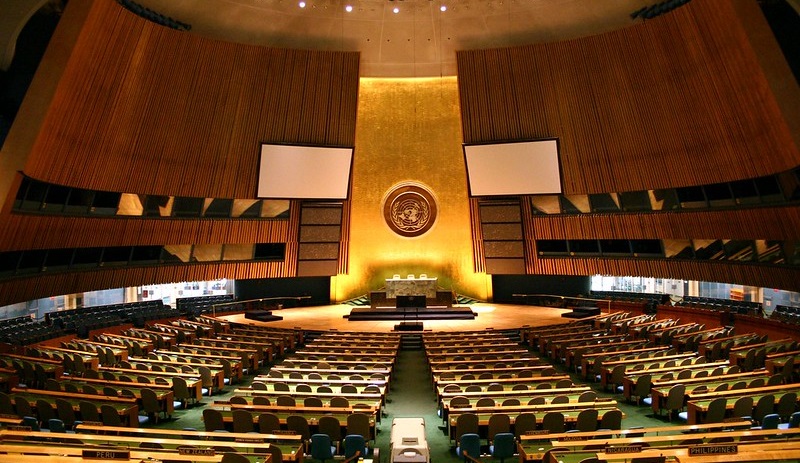This article, published by the Institute for Ethics and Emerging Technologies, explores options for the institutions that can support an international treaty for risk governance of emerging technologies, mainly institutions within the United Nations.
The article begins as follows:
Effective public policy can help us enjoy the benefits while protecting against the risks. But one hallmark of these technologies is that they can be developed anywhere around the world. And so, as Grant previously wrote, an international treaty could be the most effective way to safely develop emerging technologies. Furthermore, different technologies pose many of the same policy challenges. And so, as Seth previously wrote, a streamlined approach would regulate different emerging technologies under a single governance regime.
Given the goal of establishing a new international treaty for emerging technologies, the question then becomes: How? Does one gallop to the gates of Buckingham Palace, quill and parchment in hand, and bark at the royal guard to fetch the Queen?
There are a variety of options on how to conclude a treaty on emerging technologies, and none of them are easy. Here is a quick review of some treaty-making options in case any readers feel ambitious this week.
The remainder of the article is available in PDF archive.
Image credit: Patrick Gruban
This blog post was published on 17 April 2024 as part of a website overhaul and backdated to reflect the time of the publication of the work referenced here.










